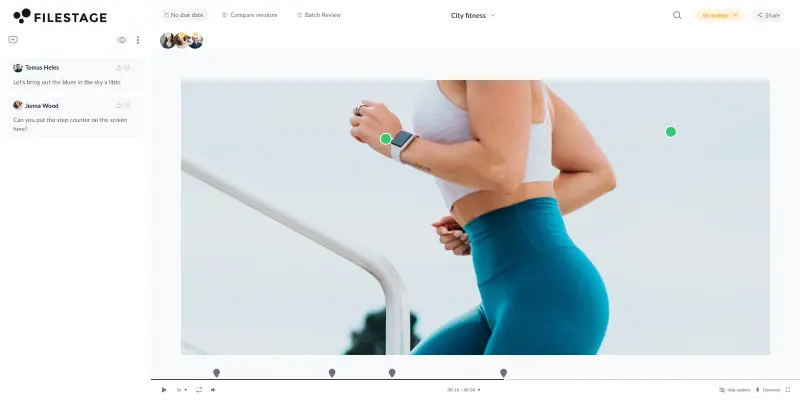Guest
Guest
Jul 02, 2025
1:37 AM

|
"Free video sharing sites have transformed the way people consume and share content online, providing platforms where users can upload, view, and interact with videos without any cost. These platforms have democratized content creation by allowing individuals, small businesses, and communities to showcase their creativity, knowledge, and entertainment to a global audience. Unlike traditional TV networks or paid streaming services, free video sharing sites eliminate financial barriers, making video content accessible to anyone with an internet connection. This inclusivity has given rise to a vast and diverse ecosystem of videos covering everything from educational tutorials and music performances to personal vlogs and live events. The ability to upload and share videos for free has empowered millions to build audiences and communities around their passions.
One prominent example of a free video sharing site is TV Wiki, which functions as a collaborative platform dedicated to television-related content. Although not a traditional video hosting service like YouTube or Vimeo, TV Wiki offers a unique space where users can share detailed information, reviews, and insights about TV shows, episodes, and networks. It often integrates video clips and trailers alongside textual content to enrich the user experience. By combining a wiki-style format with multimedia content, TV Wiki allows fans and viewers to contribute knowledge and share video snippets that enhance understanding and appreciation of television programming. This hybrid approach provides a community-driven resource that is continually updated and expanded through collective effort.
The rise of free video sharing platforms like TV Wiki has significantly impacted the entertainment industry by changing how audiences discover and engage with TV content. Viewers no longer rely solely on TV schedules or paid subscriptions to access their favorite shows. Instead, they can explore detailed episode guides, character backgrounds, and fan theories all in one place, often accompanied by relevant video clips. This interactive and multimedia approach helps viewers deepen their connection with the content and the fan community. For content creators and broadcasters, such sites provide valuable exposure and feedback, allowing them to gauge audience interest and receive direct input, which can influence future programming decisions.
Furthermore, free video sharing sites contribute to the preservation and archival of television history. Older shows that may no longer be broadcast or available on streaming platforms can find a new life through user-uploaded clips, summaries, and discussions on sites like TV Wiki. This archival function is essential for cultural preservation, academic research, and nostalgic enjoyment. Fans can revisit classic moments, share rare footage, and collaborate on documenting TV history comprehensively. The communal nature of wikis ensures that information is cross-verified and updated regularly, making these platforms reliable sources for TV enthusiasts and scholars alike.
In addition to fostering community and preserving television culture, free video sharing sites encourage creativity and innovation in content presentation. Users contribute fan edits, compilations, and commentary videos that often highlight underappreciated aspects of shows or provide alternative perspectives. These creative outputs enrich the media landscape by broadening the scope of content available beyond what is traditionally produced by networks and studios. By supporting free video sharing and collaborative knowledge platforms, audiences become active participants in shaping how television content is experienced and remembered. This shift from tvwikii.com consumption to active engagement is a defining characteristic of modern digital media culture.
"

|